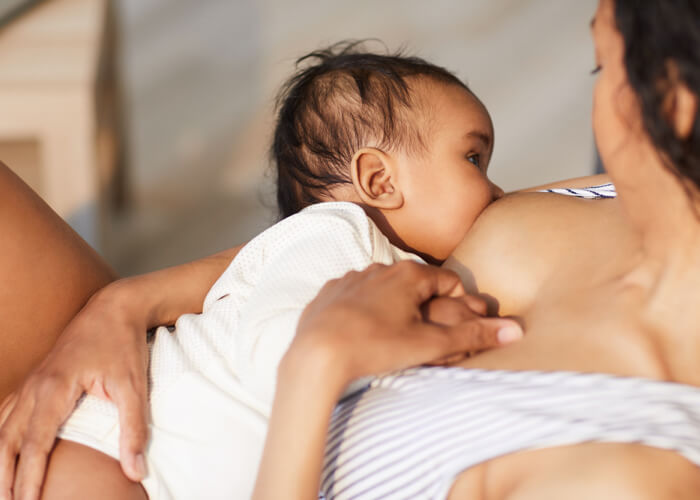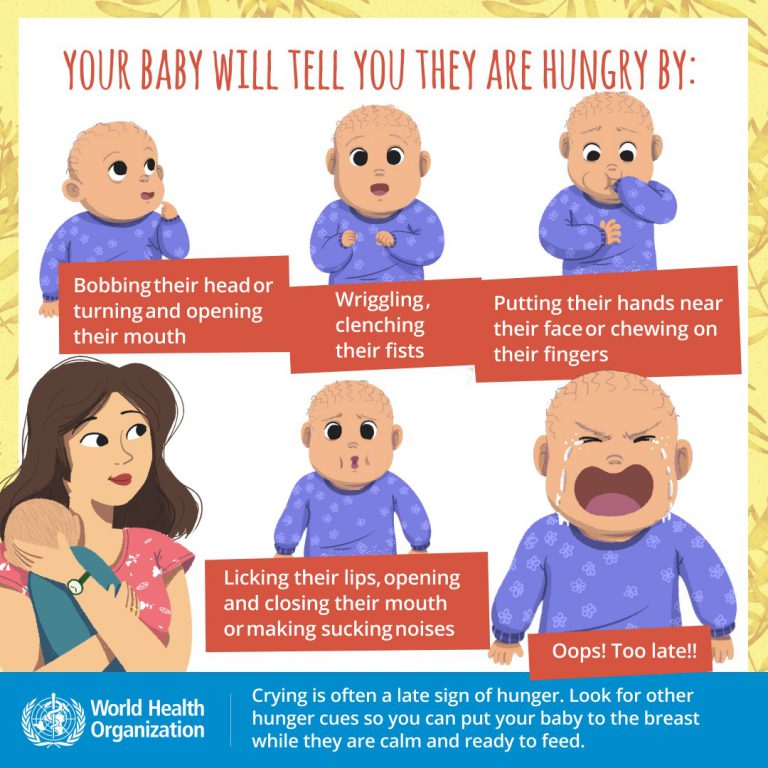
Breastfeeding
Breastfeeding
Benefits of breastfeeding for your baby:
- Contains essential nutrients: Breast milk is packed with vitamins and minerals that are vital for your baby's growth and development.
- Always available: Breast milk is always ready and available whenever your baby is hungry.
- Offers protection: Breastfeeding helps protect your baby from certain infections, as it contains antibodies that boost their immune system.
- Improves long-term health: Breastfeeding has been linked to various health benefits for your baby, including a reduced risk of childhood obesity, allergies, and certain chronic diseases.
- Reduces the risk of SIDS: Breastfeeding can help reduce the risk of sudden infant death syndrome (SIDS).
- Protects against diseases: Breastfeeding can lower the risk of childhood diabetes and leukaemia.

Any amount of breastfeeding is beneficial, but exclusively breastfeeding for the first six months offers the most protection. Breast milk continues to provide essential benefits after six months, including protection against infections and helping digest solid foods.
Benefits for you:
- Uterine health: Breastfeeding can help your uterus return to its pre-pregnancy size more quickly.
- Bonding: Breastfeeding is a beautiful way to bond with your baby and create a solid emotional connection.
- Oxytocin release: Breastfeeding stimulates the release of oxytocin, a hormone that promotes calmness and connection.
- Health benefits: Breastfeeding has been linked to a reduced risk of breast cancer, ovarian cancer, osteoporosis, diabetes, and cardiovascular disease.
How to breastfeed your baby
How do I get started?
The NHS, Better Health, Start for Life webpage have everything you need to know about breastfeeding, from the benefits for you and your baby to helpful tips and resources. Get expert advice on latching, positioning, and overcoming common challenges to ensure a smooth breastfeeding journey.
How babies tell you they're hungry

Your baby will tell you they are hungry by using a lot of cues.
Some early signs include:
- Bobbing their head or turning and opening their mouth
- Wriggling or clenching their fists
- Putting their hands near their face or chewing on their fingers
It’s important to recognise these cues early on to avoid waiting until your baby cries, which might mean that your baby is already hungry.
Once you understand these signs, it is easier for your baby to communicate with you! All in hopes to leading to a stress free feeding time for both you and you baby.
For more information on feeding cues, click here.